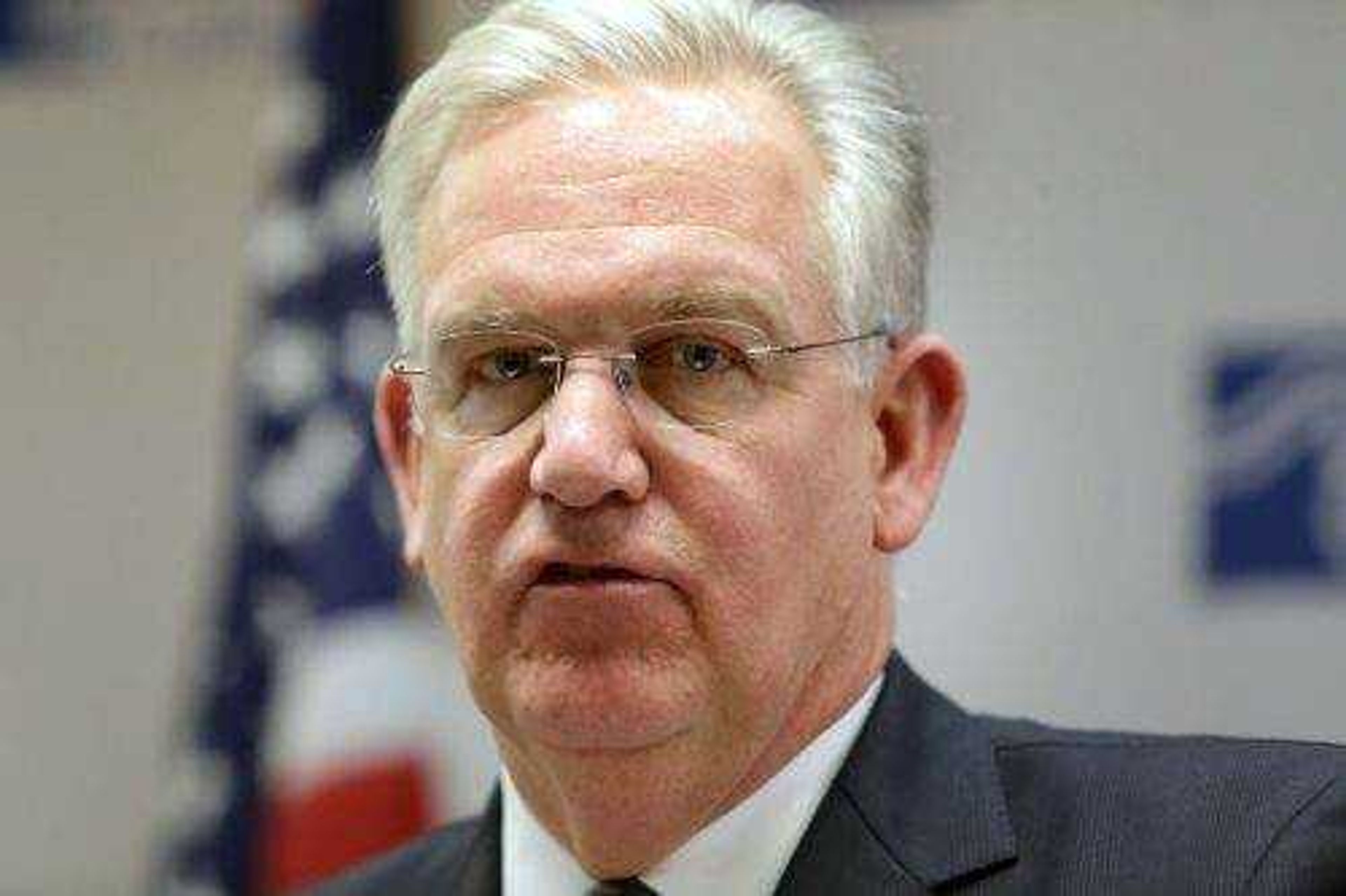Nixon signs new law addressing concerns after Ferguson shooting
ST. LOUIS -- Missouri Gov. Jay Nixon signed legislation Thursday limiting cities' ability to profit from traffic tickets and court fines -- the first significant step taken by state lawmakers to address concerns raised after the police shooting of a black, unarmed 18-year-old in Ferguson nearly a year ago...
ST. LOUIS -- Missouri Gov. Jay Nixon signed legislation Thursday limiting cities' ability to profit from traffic tickets and court fines -- the first significant step taken by state lawmakers to address concerns raised after the police shooting of a black, unarmed 18-year-old in Ferguson nearly a year ago.
Nixon announced the bill in an ornate courtroom of the Missouri Court of Appeals in downtown St. Louis, near the suburb where white officer Darren Wilson fatally shot Michael Brown, setting off protests that occasionally turned violent.
Brown was walking in the street, not driving, when he was stopped by Wilson last August and scuffled with the officer. A U.S. Justice Department investigation cleared Wilson of wrongdoing in Brown's death, and a state grand jury declined to bring charges.
Supporters of the legislation have said it will address the predatory revenue-generating practices of Ferguson's police and court system that were detailed in a Justice Department report.
Some protesters said the generally white police force's treatment of the predominantly black community led to longstanding frustrations and racial tensions. The use of police to collect revenue through traffic fines and court fees added to that distrust, according to some residents and legal advocates.
"This landmark legislation will return our municipal courts to their intended purpose: serving our citizens and protecting the public," said Nixon, who was flanked by lawmakers and black residents. "That means, under this bill, cops will stop being revenue agents and go back to being cops -- investigating crimes, protecting the public and keeping dangerous criminals off the streets."
But Democratic Rep. Clem Smith of Velda Village Hills, in St. Louis County, said lawmakers didn't do enough.
"We need to get to the real issues of economic disparities (and) of institutional racism, along with municipal court reform," Smith said.
Nixon agreed more needs to be done but said the municipal courts measure deserves recognition.
"When you're on a journey and make an important step, you have to recognize that," Nixon said.
The new law takes effect Aug. 28, although communities will have more time to implement many provisions.
The law lowers the percentage of revenue most cities can collect from traffic fines and fees from 30 percent to 20 percent.
Any extra money must go to schools, an attempt by lawmakers to take away incentives for local governments to rely too heavily on ticketing for funding.
Cities in St. Louis County would be capped at 12.5 percent, a provision Smith criticized as unfair to those communities.
St. Louis County communities also must meet a set of standards that include a balanced budget, accredited police force and annual audit or face possible disincorporation.
Fines for minor traffic violations will be capped at $300, including court fees, and charges for failure to appear in court for those offenses will be eliminated.
Many cities have said the legislation could take a chunk from local budgets.
For example, Springfield estimated it could cost the city $250,000 a year because of the provision axing required court appearances.
The measure also will require municipal courts to be open to the public, offer alternative sentencing options and prohibit the use of detention to coerce payments.
Bill sponsor Republican Sen. Eric Schmitt of Glendale said the measure "goes a long way to restore residents' trust in their local government."
Nixon signed the bill the same day construction was launched in Ferguson on a job-training center at the site of what had been a QuikTrip convenience store that was looted and torched after the shooting.
It was not immediately clear how quickly the center might be built or exactly what it will cost, although the Urban League of Metropolitan St. Louis said companies have contributed more than $1 million toward the effort, which includes giving young jobless or underemployed men a month's training.
Connect with the Southeast Missourian Newsroom:
For corrections to this story or other insights for the editor, click here. To submit a letter to the editor, click here. To learn about the Southeast Missourian’s AI Policy, click here.










